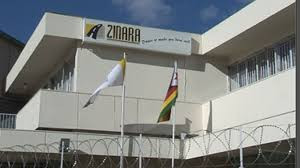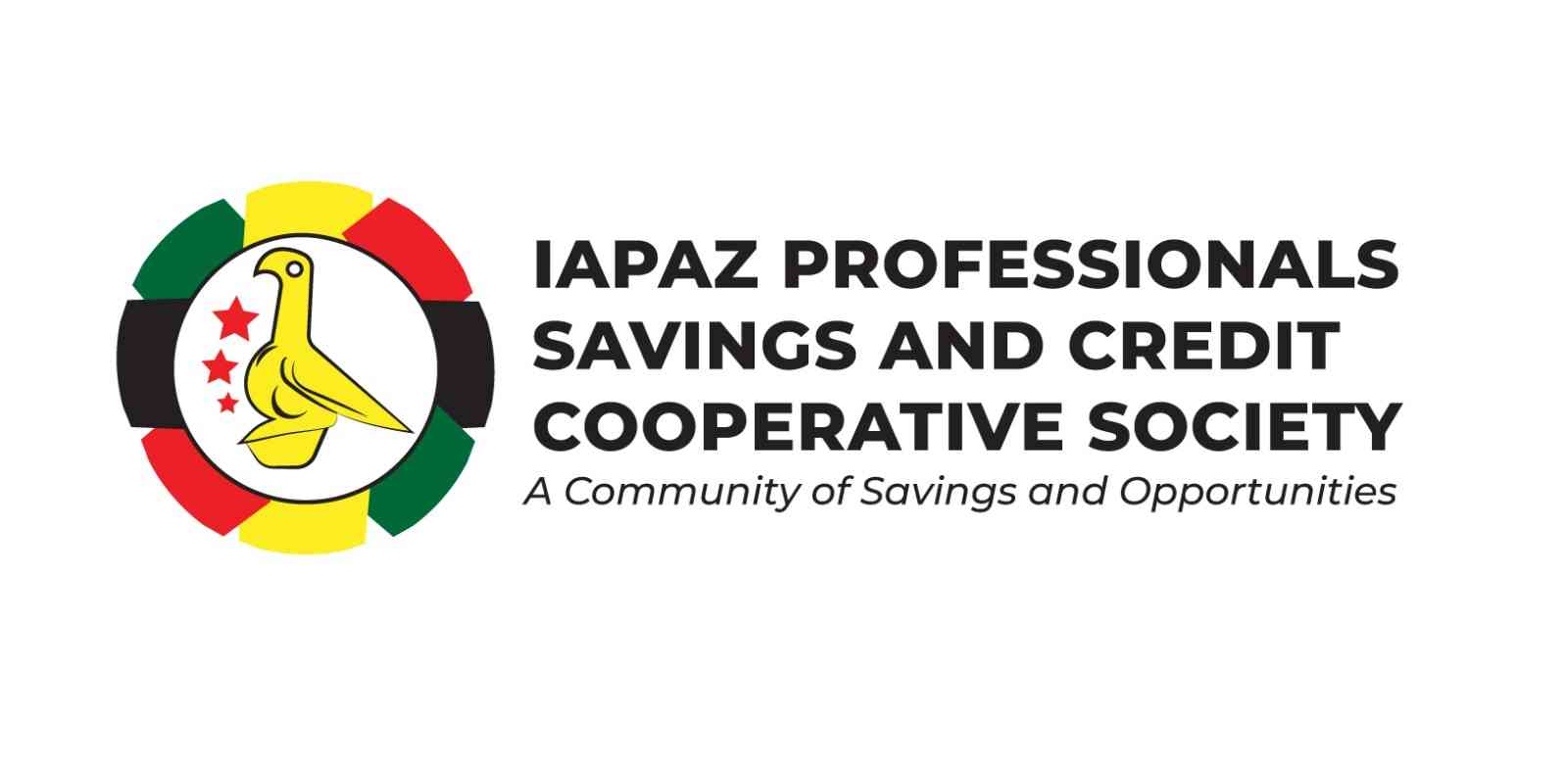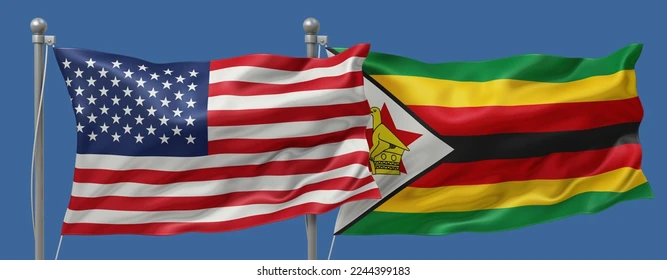
FINANCE minister Tendai Biti yesterday said the government was working on reducing the civil service wage bill as it had become unsustainable and one of the highest in the region.
Report by Tarisai Mandizha
Addressing participants at the Confederation of Zimbabwe Industries economic outlook symposium in Harare, Biti said the country has an unsustainably high civil service wage bill and Treasury was working on a three-year timeline to reduce government expenditure.
Although he did not specify the strategy to reduce the wage bill, observers said the only way was to deal with thousands of ghost workers in the civil service who were reportedly engaged on partisan basis by the then Zanu PF regime.
“We are working on a three-year timeline to reduce the civil service wage bill to make it 30% of the government’s expenditure,” Biti said.
Currently, workers’ salaries gobble nearly $2,6 billion, which translates to 70% of the government’s total revenue collections.
Biti added that although teachers were still earning salaries below the poverty datum line of $572, their counterparts in countries like Zambia were earning much less.
“If you look at a teacher in Zimbabwe and a teacher in Zambia there is a big difference. If Zimbabwe was a private company, it would have closed. It wouldn’t have been functioning,” Biti said.
- Chamisa under fire over US$120K donation
- Mavhunga puts DeMbare into Chibuku quarterfinals
- Pension funds bet on Cabora Bassa oilfields
- Councils defy govt fire tender directive
Keep Reading
On Tuesday, Biti disclosed that after paying civil servants, government was only left with $217 in its coffers, although he later claimed he was quoted out of context as he had only been emphasising that the government was broke and spending a lot in paying civil servants.
Speaking at the same event, University of Zimbabwe economics professor Tony Hawkins said: “This is profoundly depressing, not only because the Zimbabwe state is already too big, but also because it is unaffordable.
Government spends and collects in revenue, some 35% of gross domestic product (GDP) compared with 27% (average) for Africa and 25% for Asia.” He added that over half the total spending goes to 230 000 civil servants, the highest ratio of public service wages to GDP in sub-Saharan Africa except in Lesotho.











